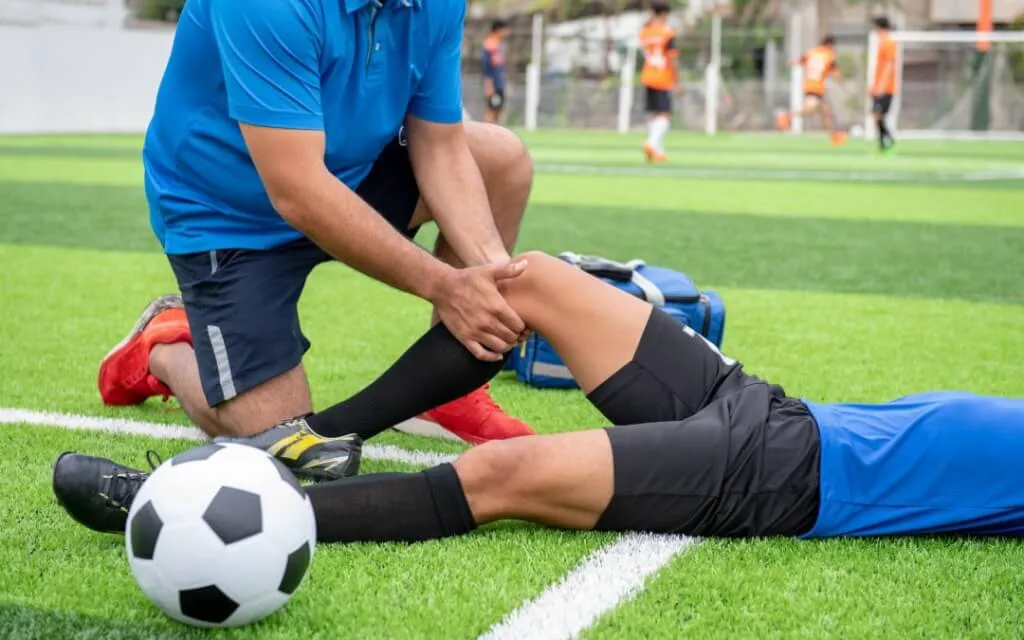
How to Prevent Common Sports Injuries
Sports injuries can sideline even the most dedicated athletes, impacting performance and disrupting training. While some injuries are unavoidable, many can be prevented with proper preparation, technique, and recovery strategies. This blog will explore the most common sports injuries and provide tips on how to prevent them, keeping you in the game and performing at your best.
1. Warm Up Properly
A proper warm-up is essential to prevent injuries. Warming up increases blood flow to muscles, improving flexibility and reducing stiffness. Dynamic stretching, which involves moving muscles through a full range of motion, is more effective than static stretching before exercise. Exercises like leg swings, arm circles, and lunges can help prepare your muscles and joints for activity.
2. Use Proper Technique
Poor technique is a common cause of sports injuries. Whether it’s lifting weights, running, or playing a team sport, using the correct form can prevent overuse injuries and muscle strains. Consider working with a coach or trainer to ensure your technique is correct. Regularly practicing good form and making adjustments as needed can significantly reduce injury risk.
3. Strengthen Muscles and Joints
Weak muscles and joints are more prone to injury. Incorporating strength training into your fitness routine can improve muscle balance and stability, which in turn supports joints. Exercises that target core strength, such as planks and squats, can protect your lower back and hips, while leg strengthening can reduce the risk of knee injuries. Aim for strength training sessions 2–3 times per week to build resilience.
4. Rest and Recover
Overtraining is a leading cause of sports injuries. Your body needs time to recover between workouts or competitions. Adequate rest allows muscles and joints to repair, reducing the risk of overuse injuries such as tendonitis or stress fractures. Make sure to incorporate rest days into your training schedule and get enough sleep each night for optimal recovery.
5. Stay Hydrated
Dehydration can lead to muscle cramps and fatigue, increasing the risk of injury. Drink plenty of water before, during, and after exercise, especially in hot and humid conditions. If you’re exercising for long periods or in extreme conditions, consider consuming drinks that replenish electrolytes, which are lost through sweat.
6. Listen to Your Body
Athletes are often tempted to push through pain, but this can lead to serious injuries. Pain is your body’s way of signaling that something is wrong. If you experience discomfort during training or competition, take a break and assess the situation. Early intervention can prevent minor issues from becoming major injuries.
7. Wear Appropriate Gear
Wearing the right equipment is crucial for preventing injuries. This includes wearing proper footwear that provides support and cushioning, as well as protective gear like helmets, shin guards, or braces depending on the sport. Ensure that your gear is in good condition and fits properly to avoid discomfort or unnecessary strain.
Conclusion
Preventing sports injuries requires a combination of preparation, good technique, and listening to your body. By warming up, strengthening your muscles, using the correct form, and allowing for rest and recovery, you can minimize your risk of injury and continue to perform at your best. Taking these preventative measures will help you stay injury-free and focused on achieving your athletic goals



